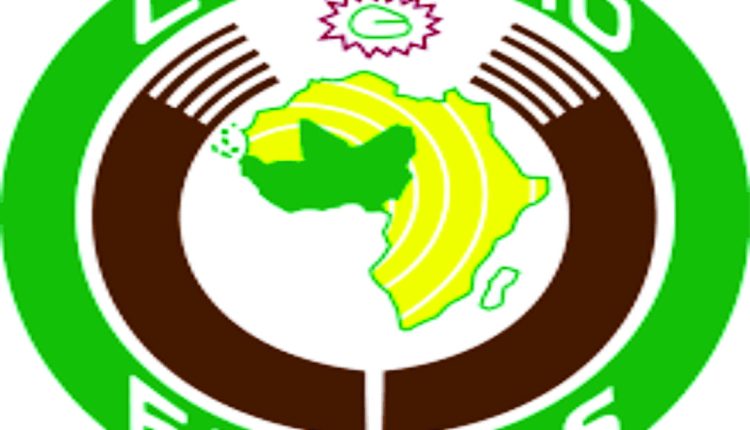The ECOWAS Commission has launched a pivotal two-day workshop under the Regional Off-Grid Electricity Access Project (ROGEAP).
The workshop aims to enhance capacity building and raise awareness about harmonized standards for solar off-grid products within the region.
The workshop aims to improve the importance of capacity-building activities, to empower local stakeholders with the knowledge and tools to implement and maintain high standards for solar products, through improving energy access and sustainability.
The workshop is ongoing in Monrovia, from June 26-27, to support the deployment of reliable and efficient solar off-grid systems, thereby accelerating progress towards universal electricity access.
Delivering statements on behalf of ECOWAS Resident Representative in Liberia, Ambassador Josephine Nkrumah, the ECOWAS Political Advisor in Liberia, Nat Walker, said that, beyond their technical mission, they also have to think about the impact of their activities on the social and economic well-being of the region’s populations.
The project aligns with the objectives of the ECOWAS program on Access to Sustainable Electricity Services (EPASES) and its directly contributing to the ECOWAS Regional Renewable Energy Policy (EREP), which aspires to achieve universal access to electricity across the West African region by 2030.
According to him, in March 2023, the ECOWAS Ministers in charge of Industry validated the two draft regional standards for off-grid electrification in Banjul, The Gambia with a strong recommendation that Member States shall be supported in the effectiveness of the implementation of the standards.
“The ECOWAS Council of Ministers adopted at regional level the two standards that had been validated by the Ministers in charge of industry and endorsed by the ECOWAS Parliament at its session on May 17, 2023,” he narrated.
“On a commercial level, a broader agreement on quality standards for solar lighting products can benefit private sector manufacturers of photovoltaic products, as they will have access to a vast market, which in turn will mean an increase in the flow of trade and the creation of thousands of jobs for young people,” he asserted.
He explained, “Consumers need to have confidence in products and should have access to important information based on which they can make the decision to invest in solar products for their business.”
The Deputy Minister for Mines and Energy stated that, the need to address energy demand is a challenge, not only in Liberia but across the sub region.
According to him, it is about time to rollout practical actions in addressing the needs of energy through the expansion of the national grid network and the use of the off-Grid Solar Solutions by standing along homes systems to ensure access to safe clean sustainable and affordable energy as provided by various energy policies documents of Liberia.
“Let me acknowledge the pivotal role of ECOWAS through other partners for initiating the regional off-grid electricity project, that is providing support to the Ministry of Mines and Energy for the realization of this capacity building training and also that this gear towards the implementation of the harmonized standards for solar home systems up to 350watts across the sub-region,” he stressed.
The Ministry of mines and Energy remains supportive to the harmonized standards up to 350Watts and encourages all sectors and stakeholders to comply with the standards by adopting here after, adding, “I would like to recognize the World Bank, through the projects and programs in the energy sector of Liberia.”
Meanwhile, the Manager for Technical Services from the Liberia Standard Authority(LISA), Patrick Blamo said that, stable, accessible and affordable electricity without a doubt, impacts key components of the government ARREST strategy including agriculture, education, sanitation and tourism.
According to him, On April 27, 2022 former President George Weah issued an executive order 107 thus suspending tarries on off-grid solar products, this is a good legacy in which we believe the current President Joseph Boakai can build on.
“Both intentions are to make solar grid products accessible and affordable, but most importantly guide the consumers against substandard products which these harmonized standards will address through our confirmative assessment program,” he said.
He concluded, the harmonization standards of these products are a little over 150 standards among which we have the two standards that are the focus today, they however went through all of these stages including the proposal stage, preparatory stage, approval stage and publication which is part of the transitory process of the Liberia Standards Authority to ensure that these standards are digested.

